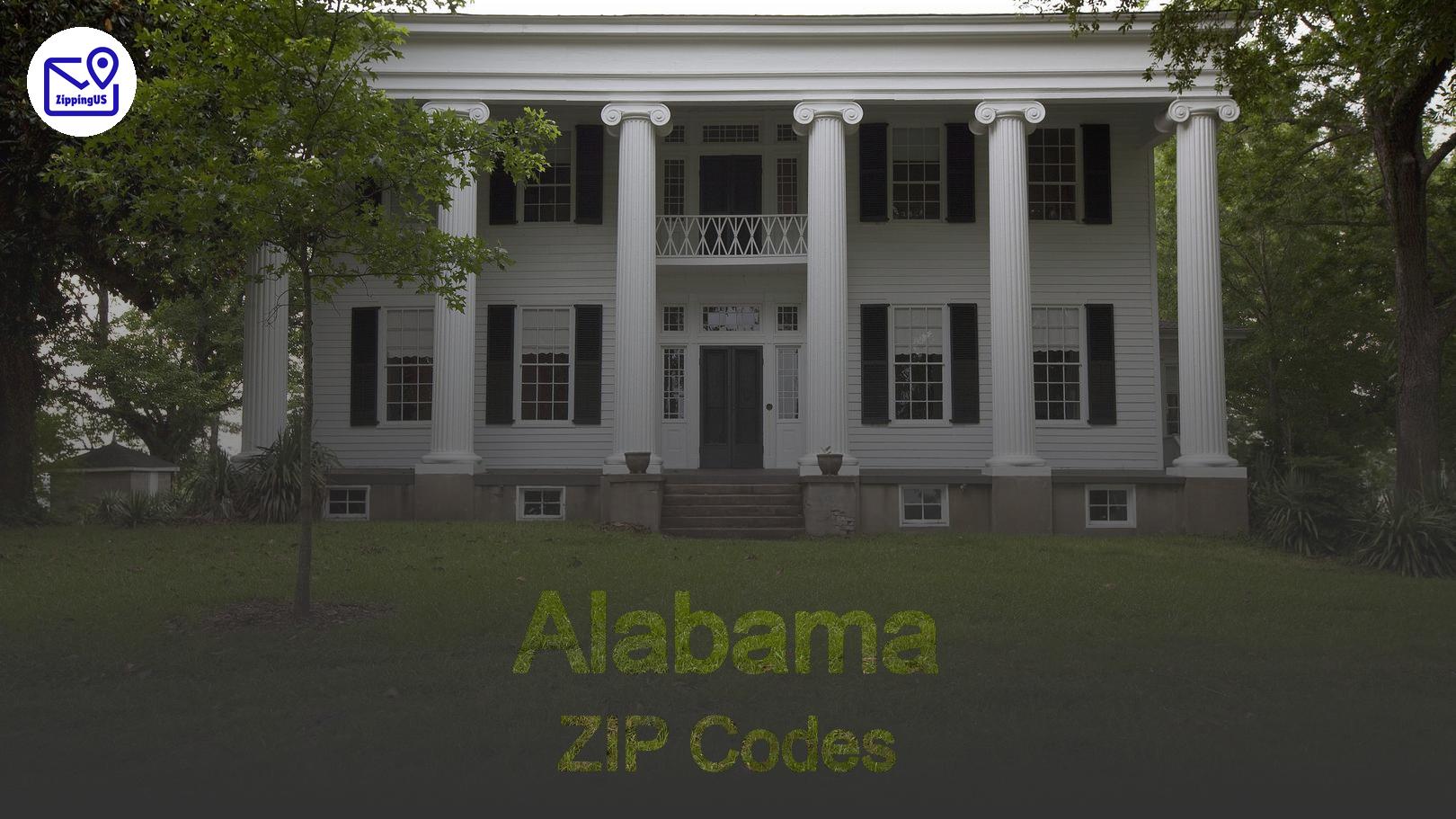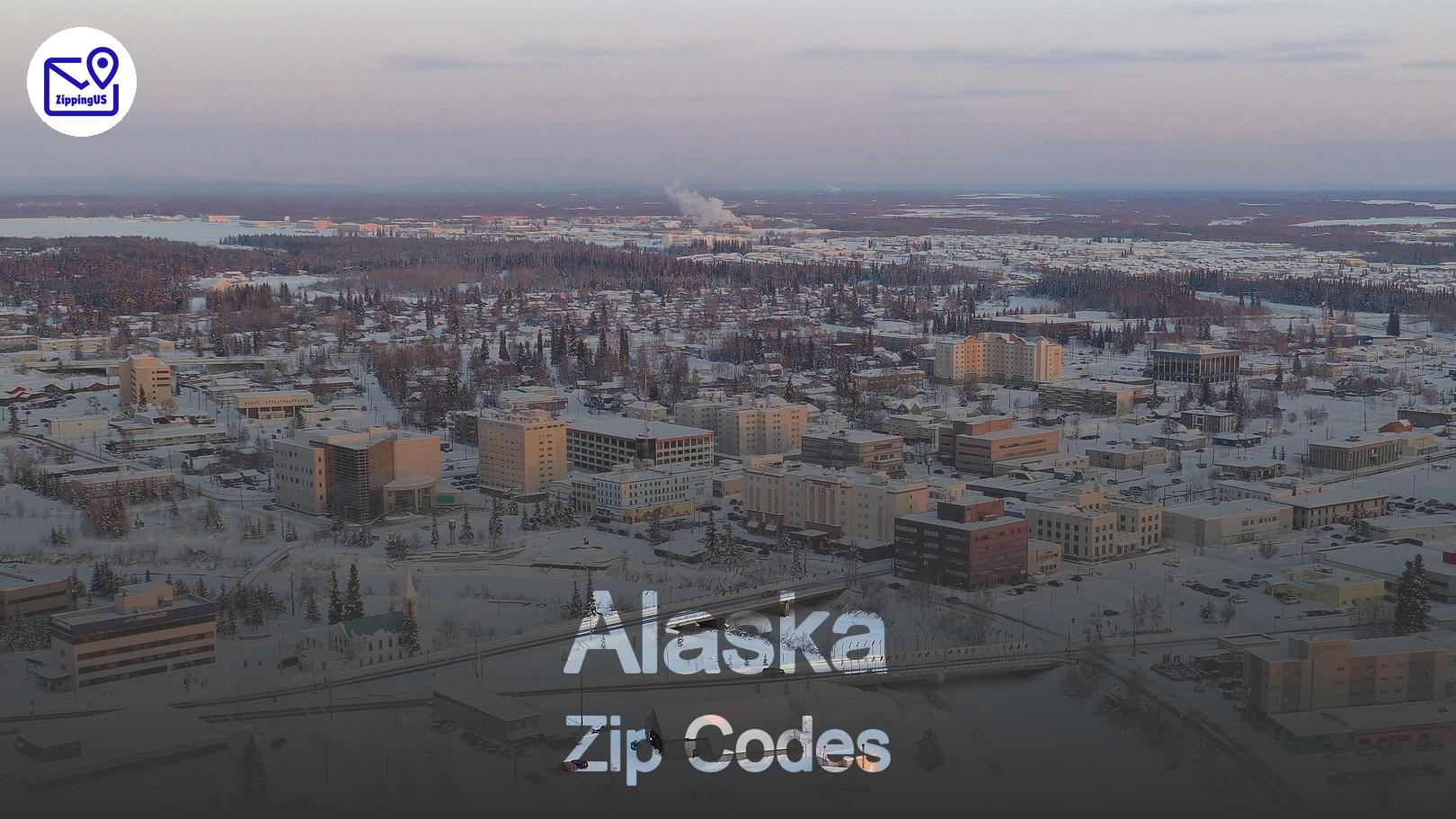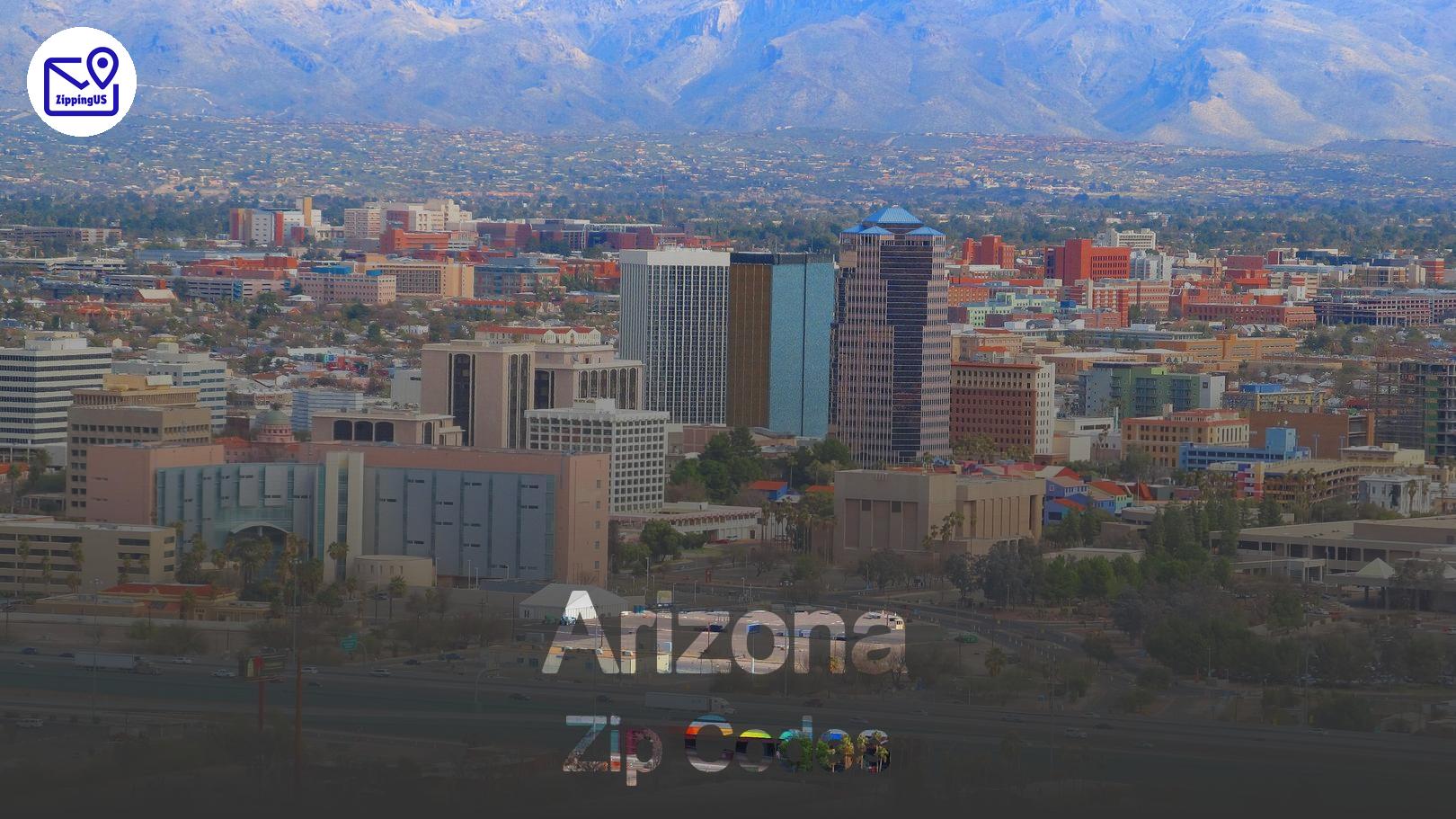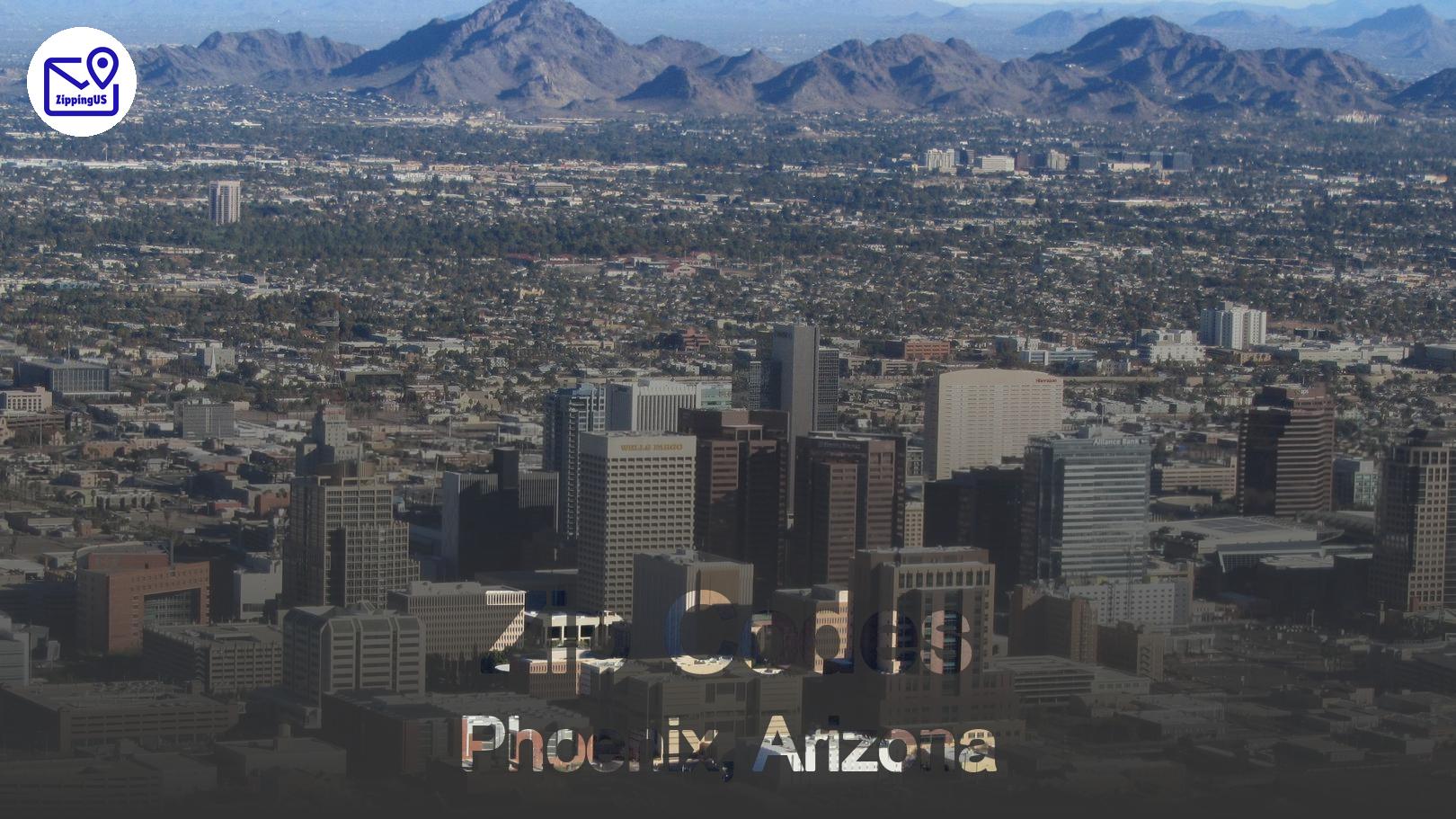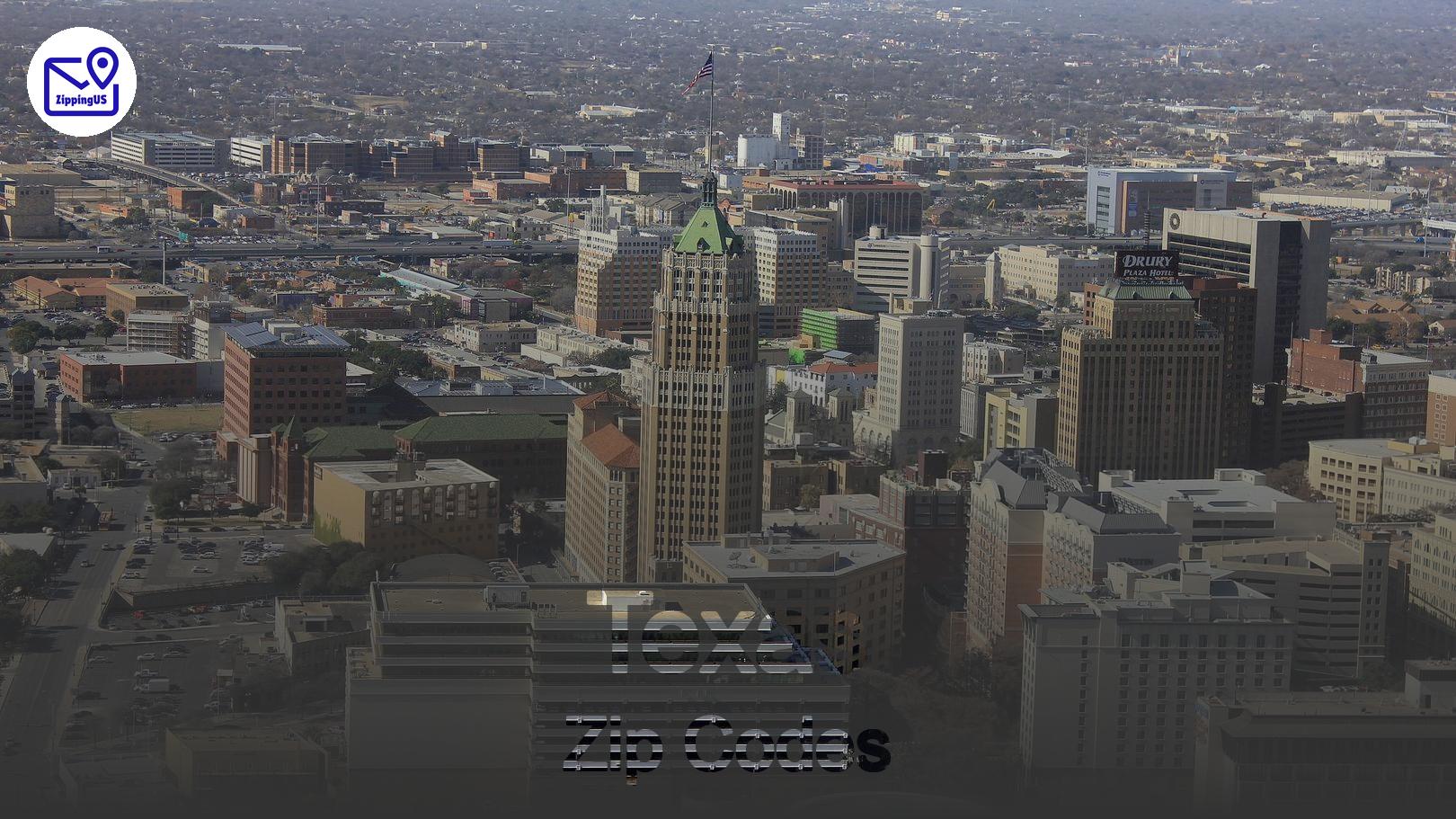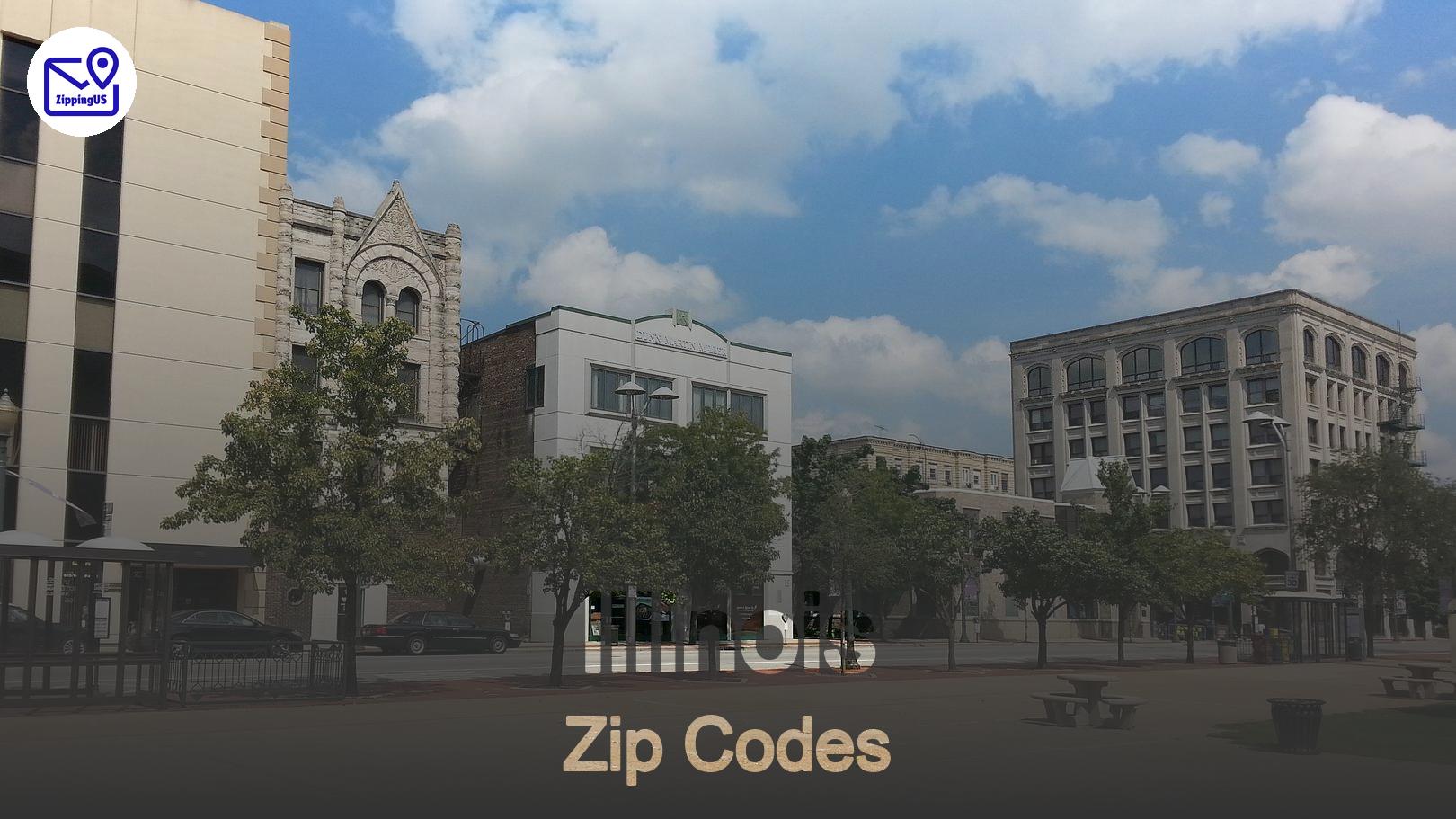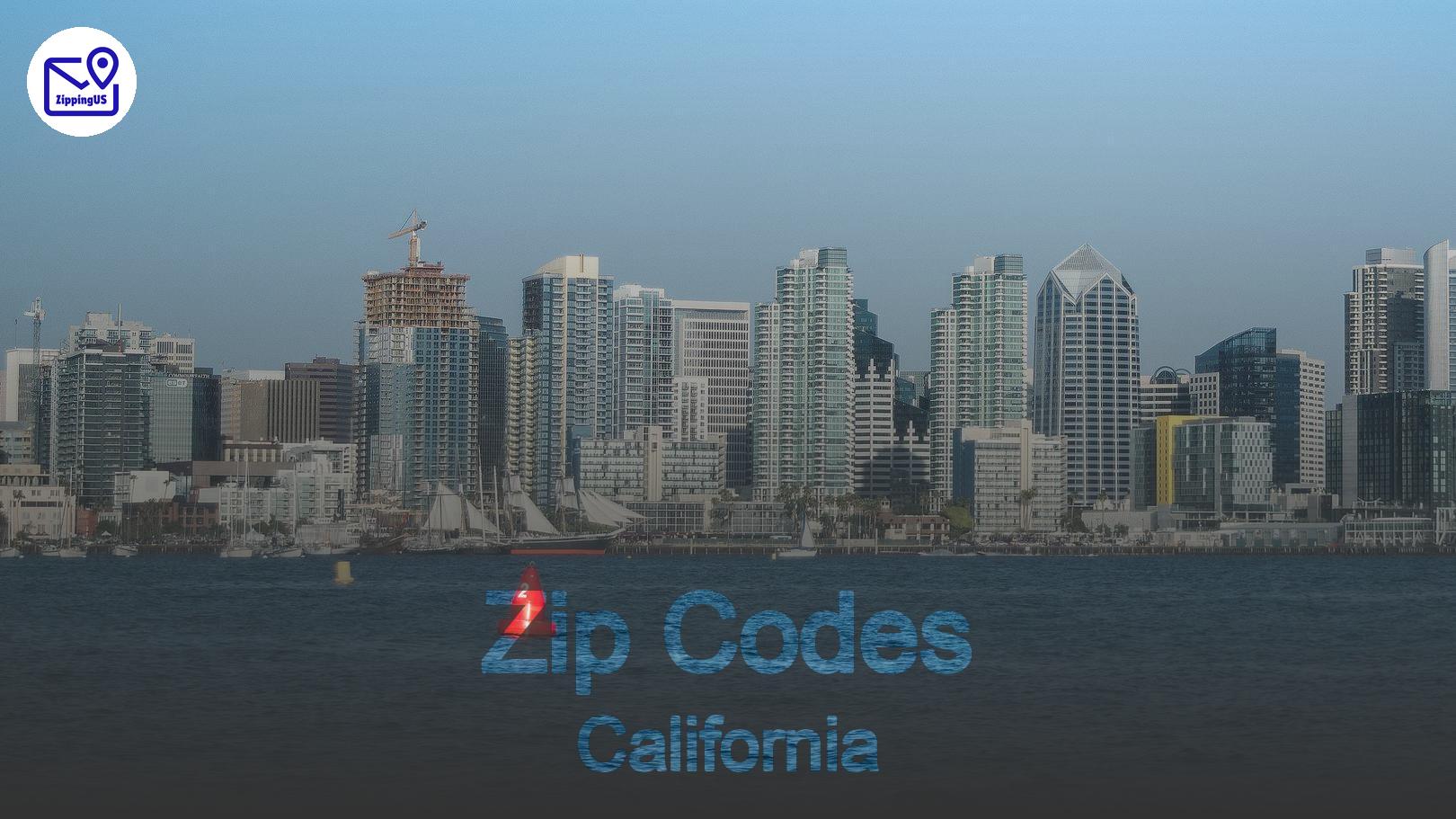South Carolina is a state bursting with history, charm, and some seriously cool places. Whether you’re a local, thinking about moving, or just a curious traveler, getting familiar with the state’s zip codes can be pretty useful. From big cities to small towns, each zip code tells a little story about the place it represents. Let’s dive into the ins and outs of South Carolina’s zip codes, how they’re organized, and why they matter!
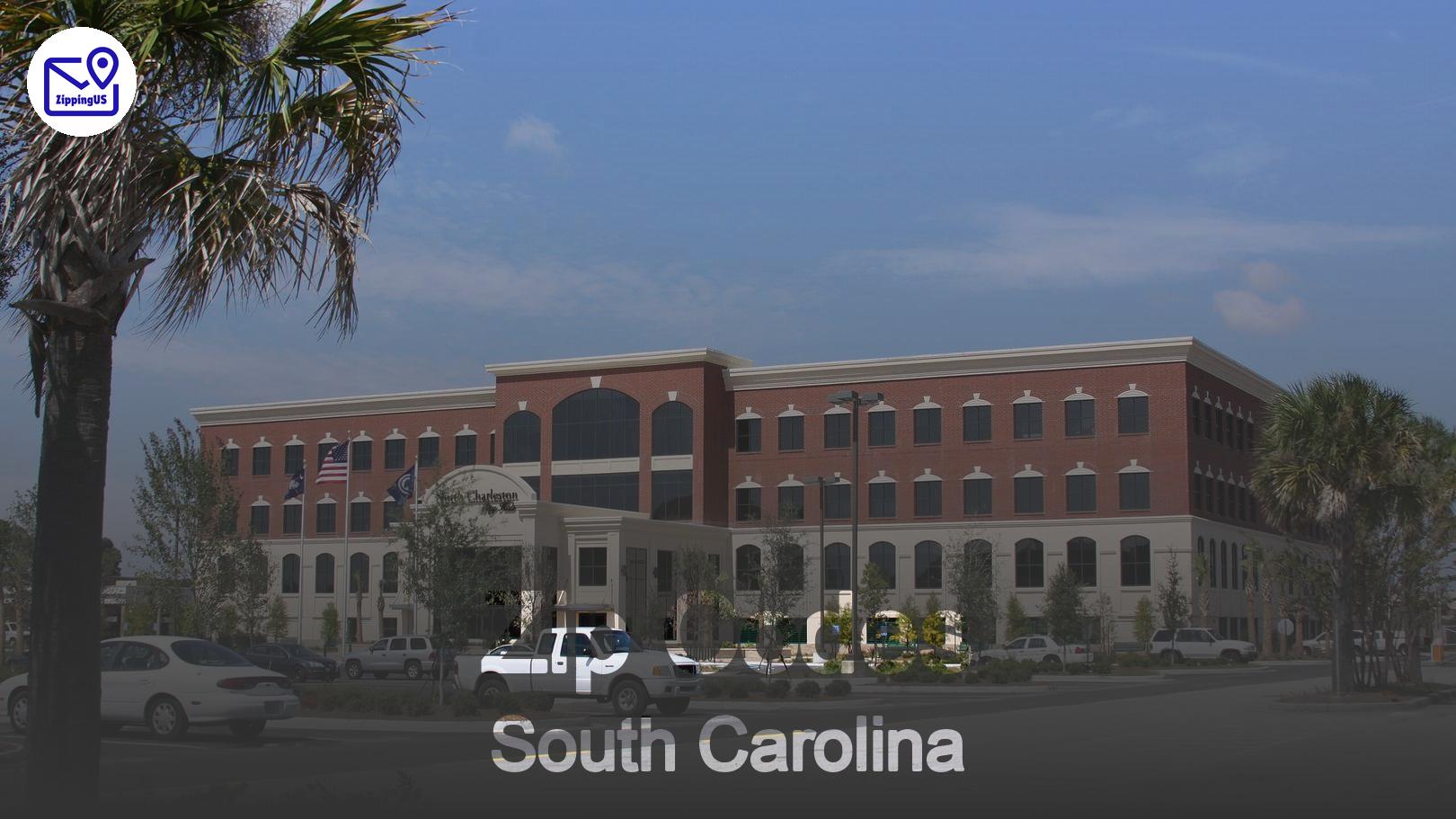
What Are Zip Codes Anyway?
Zip codes were introduced by the U.S. Postal Service back in the 1960s to make mail delivery easier and faster. Each zip code represents a specific area, and while they were created for postal reasons, today they serve all kinds of purposes. They help you locate neighborhoods, understand population sizes, and even figure out the local vibe. South Carolina, like every state, is split into a range of zip codes that represent its diverse regions.
South Carolina’s Major Zip Code Areas
Let’s kick off with some of the most notable cities in South Carolina and their main zip codes.
| City | Main Zip Code(s) |
|---|---|
| Charleston | 29401, 29403, 29407 |
| Columbia | 29201, 29205, 29210 |
| Greenville | 29601, 29607, 29609 |
| Myrtle Beach | 29572, 29577, 29579 |
| Spartanburg | 29301, 29302, 29303 |
| Florence | 29501, 29505, 29506 |
| Rock Hill | 29730, 29732, 29733 |
Each of these cities has its own unique flavor, and their zip codes reflect that. For example, the historic charm of Charleston’s downtown is captured by zip code 29401, while the vibrant college town vibe of Columbia can be found in 29205.
Breaking Down the Zip Code Structure
So, what do the numbers in a zip code mean? In South Carolina, zip codes start with the number 2, which covers the entire southeastern region of the U.S. The second and third digits usually represent the sectional center facility (SCF) where the mail is sorted. For example:
- 29401 (Charleston) – The “294” directs the mail to the right SCF, in this case, Charleston.
- 29601 (Greenville) – “296” covers the Greenville area, the Upstate hub of South Carolina.
Breaking down the zip codes like this helps explain why neighboring areas can have similar starting numbers, while the last two digits get more specific to local neighborhoods or areas.
Top Cities and Their Zip Code Hotspots
1. Charleston
When people think of South Carolina, Charleston is often the first city that comes to mind. Known for its cobblestone streets, historic homes, and waterfront views, it’s a tourist’s paradise and a local’s dream. The major zip codes in Charleston include:
- 29401: Historic Downtown Charleston
- 29403: Upper King Street and NoMo (North Morrison)
- 29407: West Ashley
Charleston’s zip codes span from the heart of the historic district all the way out to the quieter suburban areas. Depending on where you are in Charleston, the vibe can shift dramatically—from upscale, historical living to trendy urban spots.
2. Columbia
As the state capital and home to the University of South Carolina, Columbia’s got a mix of political, educational, and residential neighborhoods. Key zip codes here include:
- 29201: Downtown, The Vista
- 29205: Five Points, Shandon
- 29210: St. Andrews
The 29201 area is where you’ll find most of the government buildings, while 29205 brings the college-town feel with its bars, restaurants, and quirky shops.
3. Greenville
Greenville has exploded in popularity recently, becoming one of the top places to live and visit in the Southeast. The city’s main zip codes are:
- 29601: Downtown, Falls Park
- 29607: Haywood Mall area
- 29609: North Main, Cherrydale
Greenville’s mix of urban and suburban areas makes it a hotspot for both young professionals and families looking for that “live-work-play” lifestyle.
Why Do Zip Codes Matter in South Carolina?
You might be wondering, “Why should I care about zip codes if I’m not sending mail?” Well, here are a few reasons zip codes are more important than you think:
Real Estate: If you’re house hunting, zip codes can give you an idea of the property values and neighborhood vibes. Certain zip codes, like 29401 in Charleston or 29601 in Greenville, tend to have higher property values due to their central locations.
Demographics and Statistics: Zip codes can tell you a lot about the people who live in a certain area. For example, zip codes closer to universities, like 29205 in Columbia, tend to have a younger, more transient population, while areas like 29732 in Rock Hill are more suburban and family-friendly.
Services and Amenities: Ever tried ordering food delivery and found out it doesn’t cover your zip code? Knowing your zip code is key for everything from delivery zones to school districts and utilities.
South Carolina’s Rural and Coastal Zip Codes
South Carolina isn’t just about bustling cities. It’s also home to some quiet, rural areas and breathtaking coastal towns. Let’s take a look at some notable zip codes outside the major cities.
1. Beaufort and the Sea Islands (29902, 29907)
Beaufort is a small town with big charm. Nestled along the coast, it’s known for its marsh views and historic homes. Zip code 29902 covers downtown Beaufort, while 29907 extends to the nearby Sea Islands like Lady’s Island and St. Helena Island.
2. Hilton Head Island (29926, 29928)
One of the top vacation spots in the U.S., Hilton Head is famous for its golf courses, beaches, and laid-back lifestyle. The two main zip codes, 29926 and 29928, cover different parts of the island. 29926 is on the north end, while 29928 covers the more tourist-heavy south end.
3. Aiken (29801, 29803)
Aiken, located near the Georgia border, is a picturesque town known for its horse culture and historic downtown. Zip codes 29801 and 29803 split the town into the central and southern areas.
Fun Facts About South Carolina’s Zip Codes
- The lowest zip code in South Carolina is 29001 in Alcolu, a tiny town in Clarendon County.
- The highest zip code is 29945 in Yemassee, which sits right on the border of South Carolina and Georgia.
- The state has a total of 470+ zip codes, covering everything from the bustling streets of Columbia to the quiet beaches of Edisto Island.
FAQs About South Carolina Zip Codes
1. How are zip codes assigned in South Carolina?
Zip codes are assigned based on the location’s proximity to a sectional center facility, which handles mail sorting for a region. The first digit represents the state or region (South Carolina falls under “2”), while the remaining digits pinpoint smaller geographic areas.
2. What’s the most expensive zip code in South Carolina?
One of the priciest zip codes is 29401 in Charleston, thanks to its historic downtown location and prime real estate. Properties in this area can easily run into the millions.
3. Can a single city have multiple zip codes?
Yes! Many of South Carolina’s cities, especially larger ones like Charleston, Columbia, and Greenville, have multiple zip codes that cover different neighborhoods.
4. How do I find the zip code for a specific address in South Carolina?
You can use online tools like the USPS Zip Code Lookup or simply search for the address on a map. Zip codes are often displayed next to the city name in any search result.
Conclusion: Why Zip Codes Matter for Your South Carolina Adventure
Whether you're planning to move to South Carolina, start a business, or just explore its many cities and towns, knowing the state’s zip codes can make things easier. They’re more than just numbers—they can give you a sense of a place’s personality, its community, and even its economic standing. So next time you’re looking at a map of South Carolina, take a closer look at those zip codes. They might just surprise you!
South Carolina Zip Codes at a Glance
Here’s a quick look at some major cities and their zip codes to keep in mind:
| City | Main Zip Code(s) |
|---|---|
| Charleston | 29401, 29403, 29407 |
| Columbia | 29201, 29205, 29210 |
| Greenville | 29601, 29607, 29609 |
| Myrtle Beach | 29572, 29577, 29579 |
| Spartanburg | 29301, 29302, 29303 |
Now that you're equipped with this zip code knowledge, you can navigate the Palmetto State like a pro!

